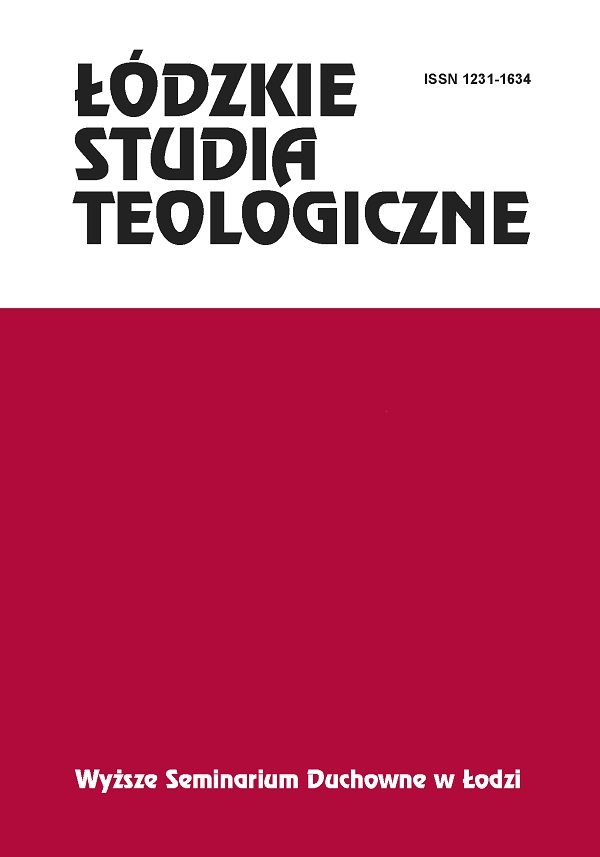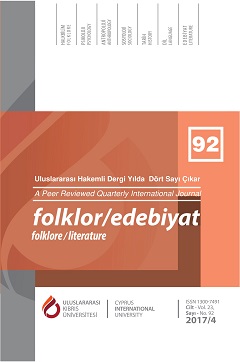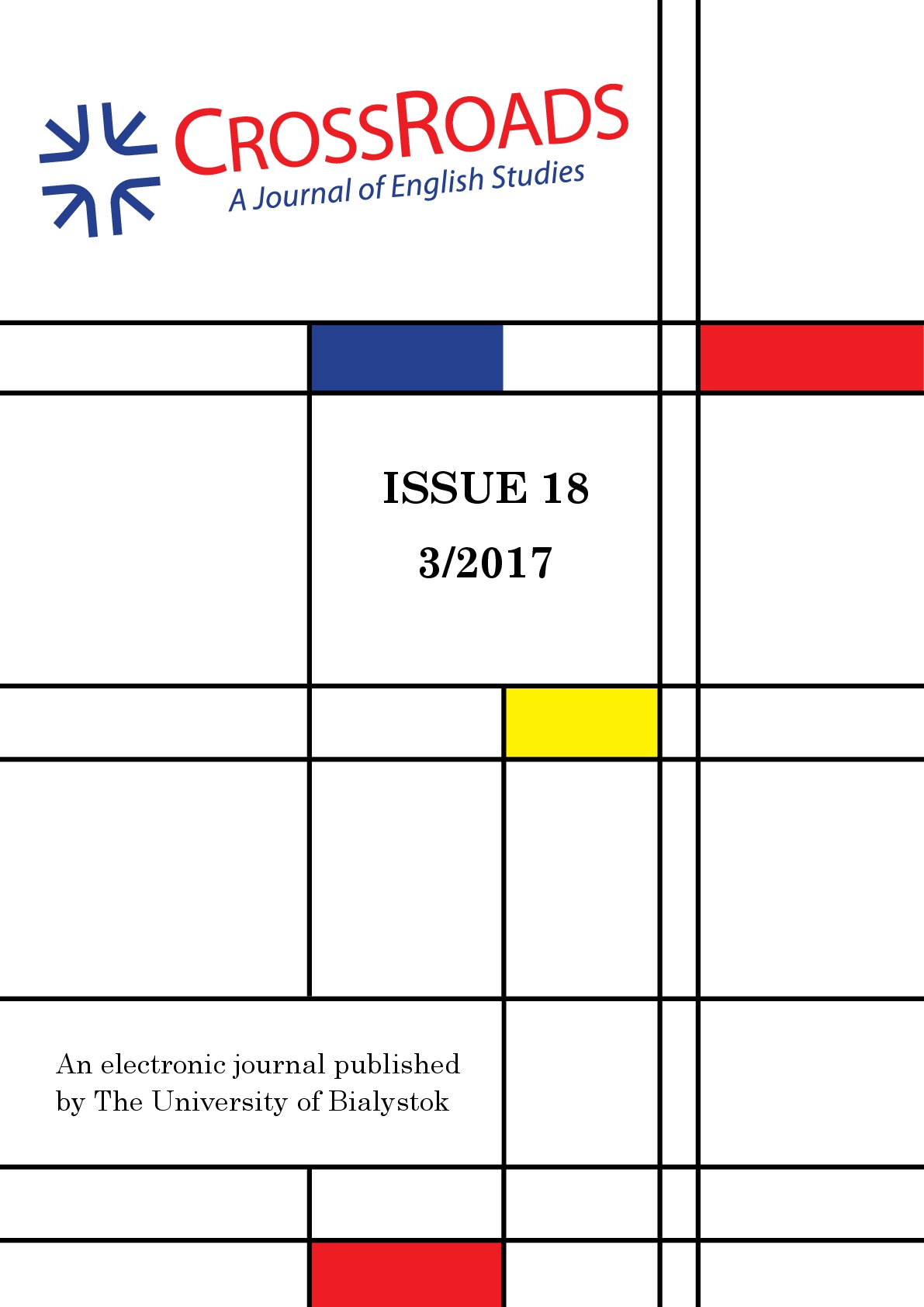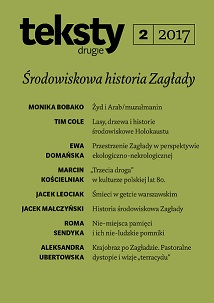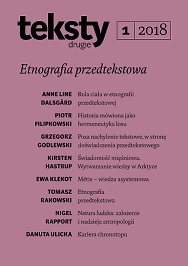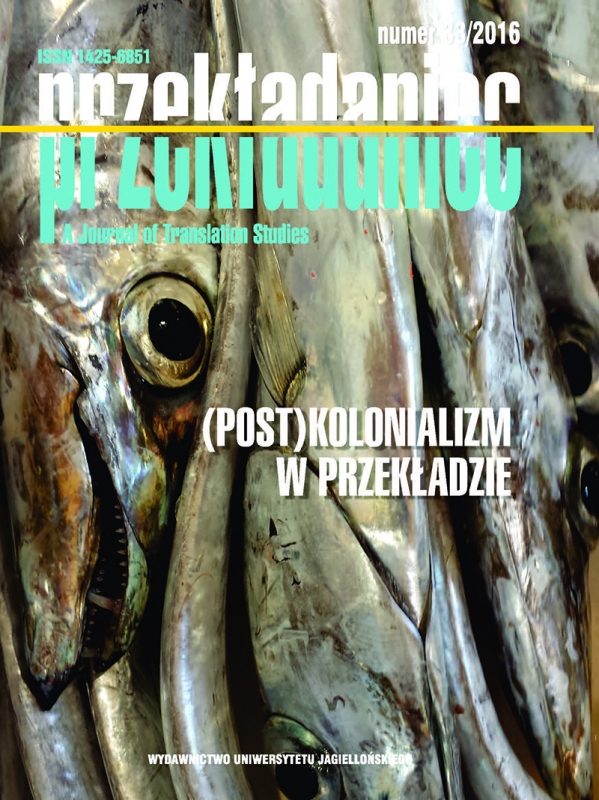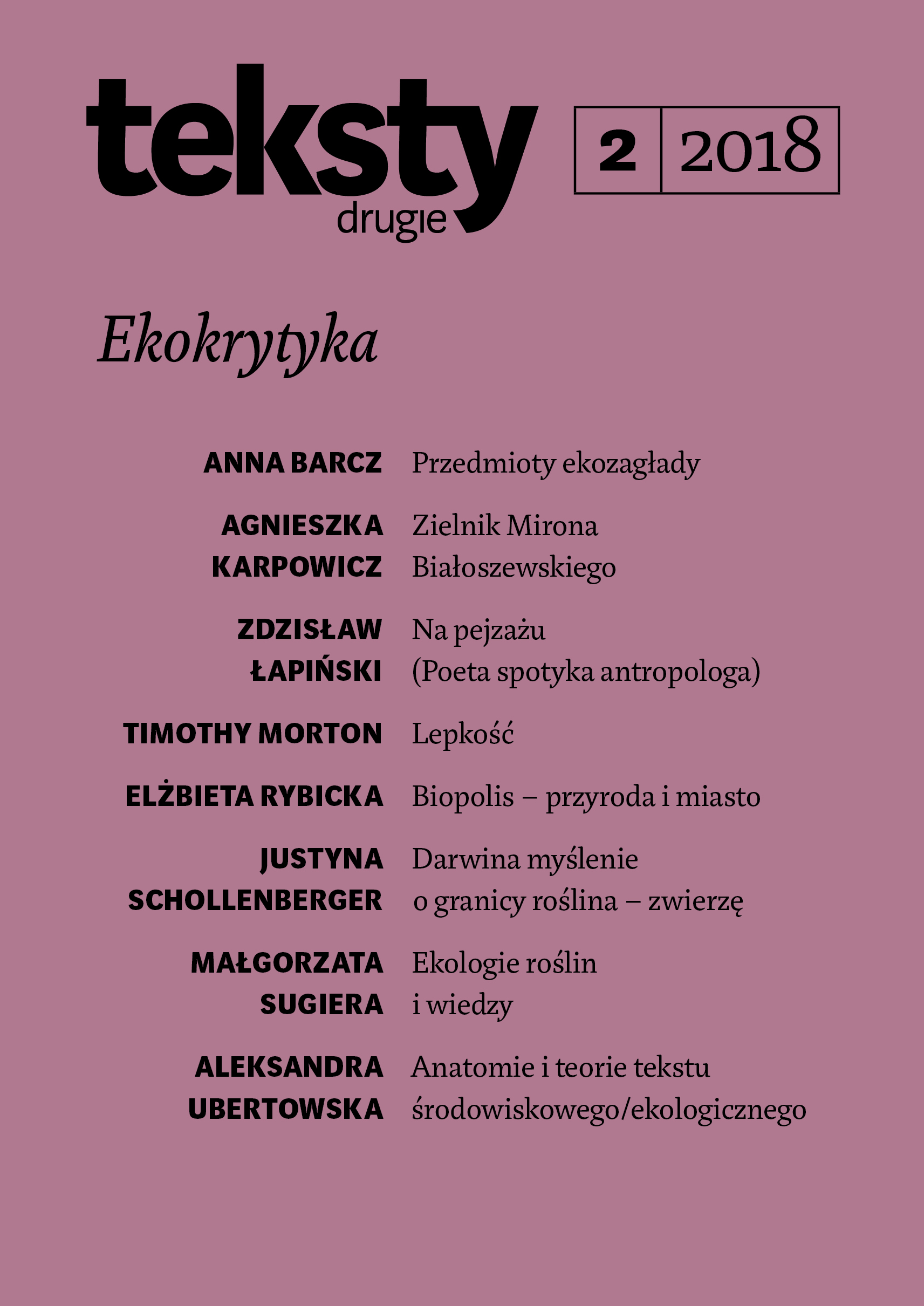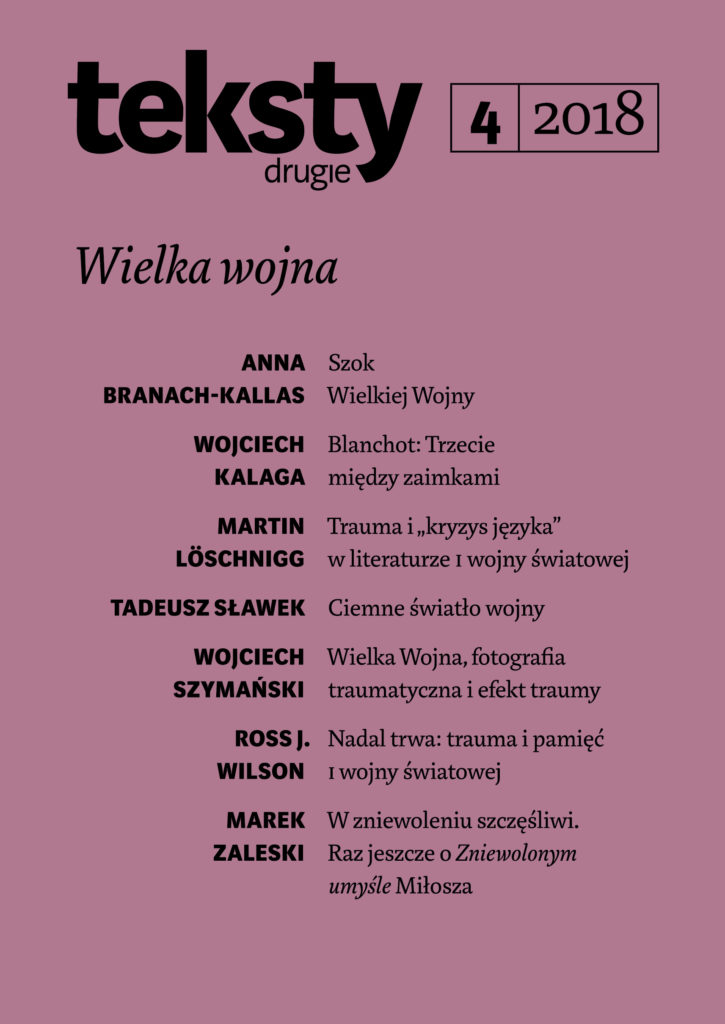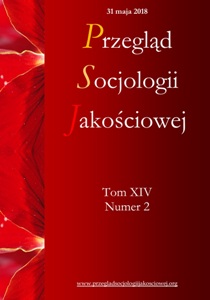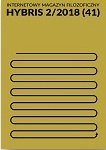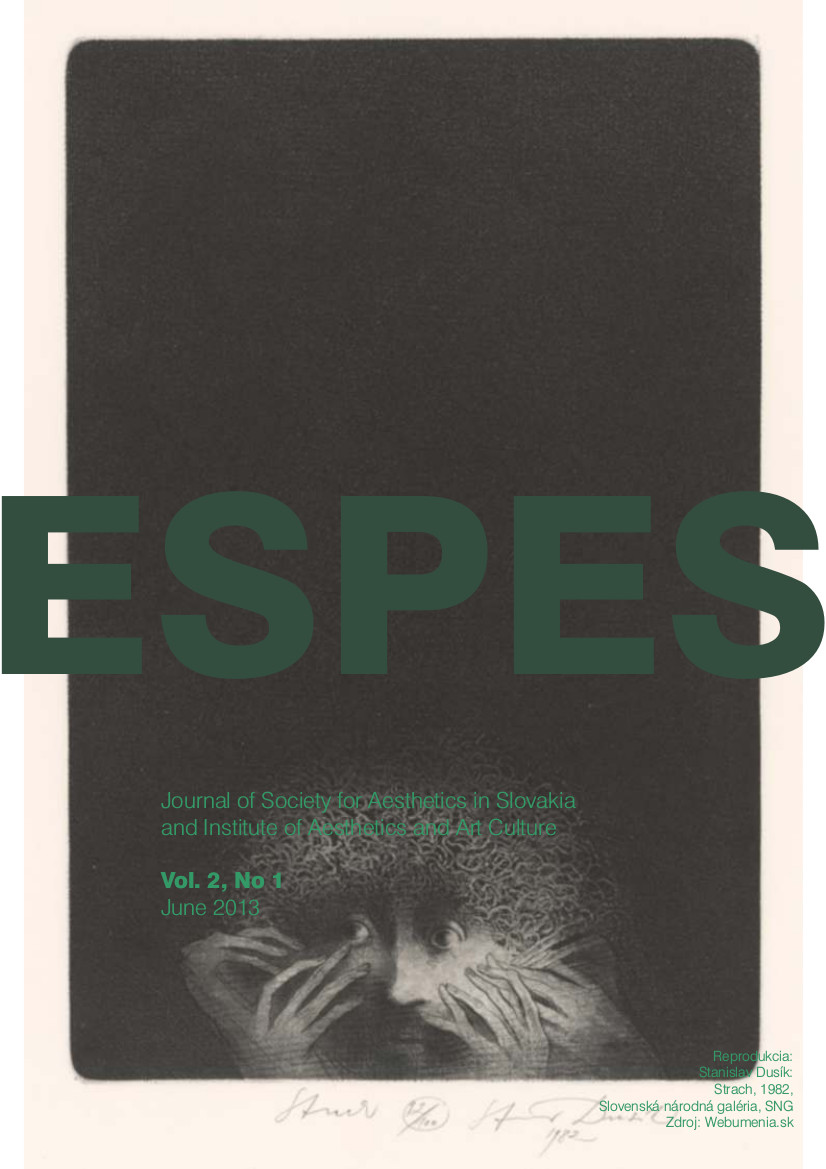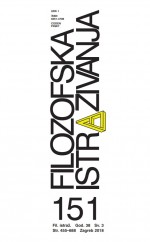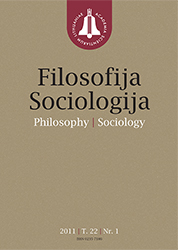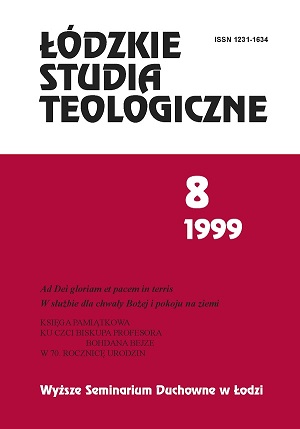
„Mężczyzną i niewiastą stworzył ich...” (Rdz 1, 27)
Rację ma religijny myśliciel rosyjski Mikołaj Bierdiajew, zmarły w 1948 r. we Francji, który napisał: „Epoka dzisiejsza jest epoką odczłowieczenia. W tym procesie obserwujemy dwie tendencje: ku naturalizmowi i ku cywilizacji technicznej. W obydwu tendencjach człowiek przestaje być istotą, w której duchowość stanowi centrum, i tak człowiek traci swą jedność (całościowość) i swą ciągłość. Zamienia się tylko w zbiór elementów i funkcji.
More...
